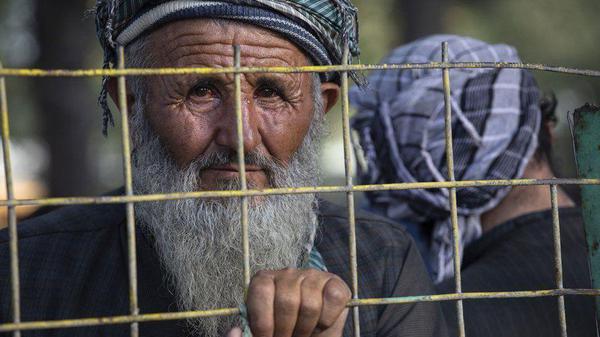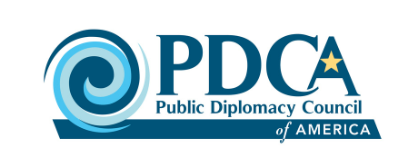Mexico Institute, Woodrow Wilson Center
•
May 8 2024
Assessing Mexico's Democracy: excerpts
OVERVIEW
Mexico has been an electoral democracy for nearly 25 years, and has experienced healthy changes in party control over the years. Why then, do multiple indices measuring democratic freedom and human rights place Mexico solidly in the mid-range? Some point to high rates of poverty and economic inequality, while others explore how rule of law in the country remains weak due to a host of factors, from the power of organized crime groups, to corruption, and rampant political violence.
To share their reports on Mexico's democracy and objectively analyze how and why it has declined in comparison to other countries, the Mexico Institute hosted a webinar with scholars and experts from leading organizations that collect data on democracy around the world on Tuesday May 7th.
Read more about these reports and institutions here:
SPEAKERS
Alejandro Ponce
Chief Research Officer, World Justice Project
Michael Coppedge
Professor, Political Science, University of Notre Dame
Head of Programme - Mexico and Central America
Miguel Angel Lara Otaola
Member of the International Advisory Board of the Electoral Integrity Project
Caitlin Watson
Program Manager, Freedom House
Ilán Bizberg
Former Public Policy Scholar;
Professor, El Colegio de Mexico
INTRODUCTION
Lila Abed
Acting Director, Mexico Institute
MODERATOR
Earl Anthony Wayne
Public Policy Fellow;
Former Career Ambassador to Afghanistan, Argentina, and Mexico; Distinguished Diplomat in Residence, School of International Service, American University
























